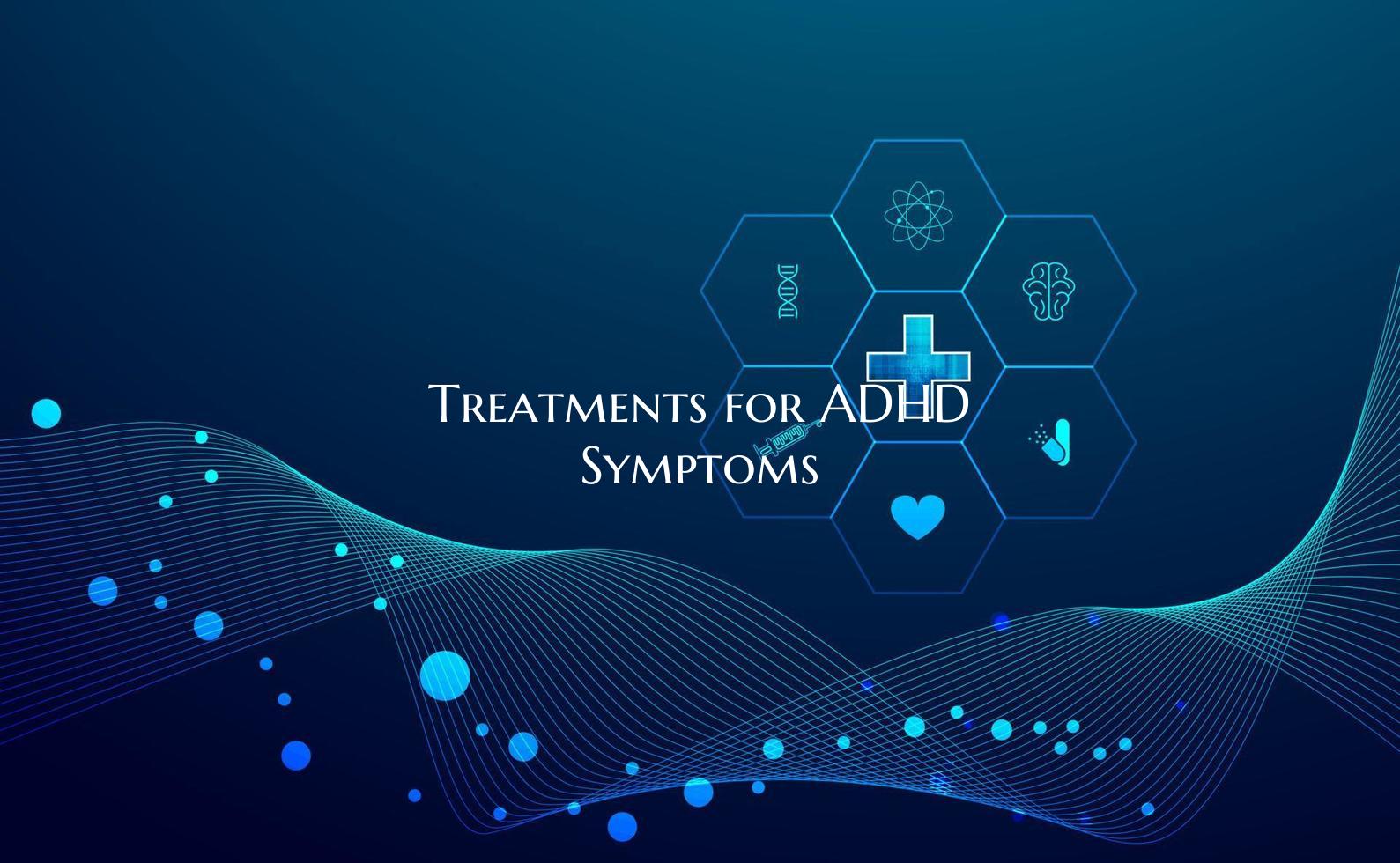
Treatments for ADHD Symptoms
Attention Deficit Hyperactivity Disorder (ADHD) is a neurodevelopmental disorder that can present challenges in attention span, impulse control, and hyperactivity. While there is no cure for ADHD, there are various treatments and interventions available to manage its symptoms effectively. These treatments aim to improve the individual’s focus, impulse control, and overall quality of life.
1. Behavioral Therapy: Behavioral therapies such as cognitive-behavioral therapy (CBT) and behavioral interventions can be effective in managing ADHD symptoms. These therapies help individuals develop coping strategies, improve organizational skills, and regulate emotions. They also address social skills and can be particularly beneficial for children and adolescents.
2. Medication: Stimulant medications such as Adderall and Ritalin are commonly prescribed to manage ADHD symptoms. These medications work by increasing the levels of certain neurotransmitters in the brain, improving focus and concentration. Non-stimulant medications like Strattera may also be prescribed, especially for individuals who do not respond well to stimulant medications.
3. Lifestyle Changes: Making certain lifestyle modifications can also help in managing ADHD symptoms. Regular exercise, a balanced diet, and sufficient sleep can contribute to overall well-being and may reduce impulsivity and hyperactivity. Establishing routines and creating an organized environment can also be beneficial.
4. Parent Training: For children with ADHD, parent training programs can be invaluable. These programs provide parents with strategies and techniques to effectively manage their child’s behavior, set clear expectations, and create a supportive environment at home.
5. Educational Support: Individuals with ADHD may benefit from educational accommodations such as extra time on tests, preferential seating in the classroom, and additional support from teachers. Individualized education plans (IEPs) or 504 plans can outline specific strategies to help the individual succeed academically.
6. Therapeutic Interventions: In addition to behavioral therapy, other therapeutic interventions such as mindfulness meditation, neurofeedback, and social skills training can also be beneficial for individuals with ADHD. These approaches focus on enhancing self-awareness, self-regulation, and interpersonal skills.
It is important for individuals with ADHD to work closely with healthcare providers to develop a comprehensive treatment plan that addresses their specific needs and goals. By combining various treatments and interventions, individuals with ADHD can effectively manage their symptoms and lead fulfilling lives.